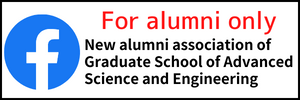Email: bprc*hiroshima-u.ac.jp (Please replace * with @)
Date & Time: Jan. 17, 2024
Program
Commentary: Yukihiko MATSUMURA
Professor, Graduate School of Advanced Science and Engineering, Hiroshima University
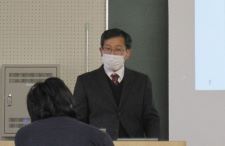
Lecture: Miao LIU
M2, Graduate School of Advanced Science and Engineering, Hiroshima University
“Effect of reaction time on hydrothermal carbonization of pistachio nut shells”
Pistachio nut shells represent a plentiful source of organic waste. To harness this resource efficiently, we utilized hydrothermal carbonization in our study. This process involved subjecting pistachio nut shells to hydrothermal carbonization within an autoclave, where we explored the effects of varying reaction times on yield and elemental composition. The experiments were conducted at two distinct temperatures, 250°C and 280°C, across a time span ranging from 0 to 120 minutes. In addition, we have analyzed the hydrochar properties to explore potential application possibilities.
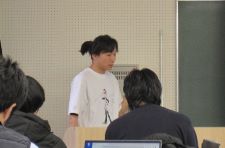
Lecture: Koichi TAKEMOTO
B4, School of Engineering, Hiroshima University
“Effect of concentration on hydrothermal carbonization of glucose”
The use of biomass is required to achieve a sustainable, carbon-neutral society. Hydrothermal carbonization is one of the biomass conversion technologies. It aims to obtain useful carbon-rich solids. In this study, experiments were conducted using 0.5, 1.0, and 1.5 mol/L aqueous glucose solutions as feedstock in a batch-type reactor at a reaction temperature of 250°C and a reaction time of 30 minutes to investigate the effect of concentration on its reaction characteristics.
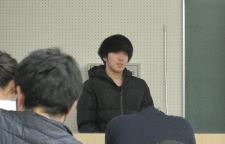
Lecture: Yuki MAKI
M2, Graduate School of Advanced Science and Engineering, Hiroshima University
“Effect of heating rate on cellulose behavior in hot compressed water”
The carbon gasification efficiency for supercritical water gasification can be enhanced by increasing the heating rate. This is due to the short time in the subcritical region during which solid products are formed. On the other hand, short heating time may result in incomplete dissolution of the feedstock to hinder gasification. It is therefore important to investigate the effect of heating rate. In this study, the heating rate was varied by the target temperature and flow rate so that the effect of the heating rate on supercritical water gasification can be elucidated. A continuous reactor was employed. Interestingly, the amount of solid product did not change with increasing the target temperature, while the amount of gas product increased.
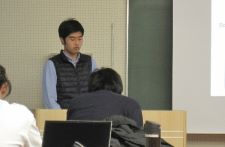
Lecture: Kosuke YAMADA
B4, School of Engineering, Hiroshima University
“Effect of activated carbon catalysts on supercritical water gasification of glucose”
The effect of activated carbon catalysts on supercritical water gasification was studied by product analysis using high-performance liquid chromatography. Activated carbon is known to adsorb some organic compounds from water. This effect of adsorption should be separated. In this study, supercritical water gasification of glucose was carried out in a continuous reactor at 450 oC, 25MPa with and without activated carbon catalyst and the result was discussed with the adsorption characteristics of the activated carbon.
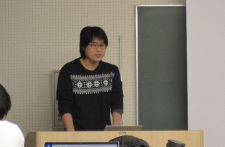
Chair: Yukihiko MATSUMURA Professor, Graduate School of Advanced Science and Engineering, Hiroshima University
HOSTY Association (Graduate School of Advanced Science and Engineering)

 Home
Home


